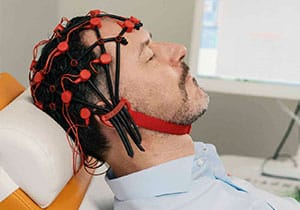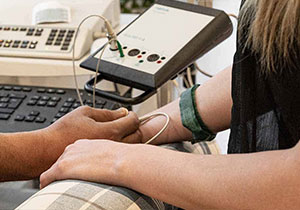
Personality disorder
A person’s personality is the sum of all their psychological characteristics and behavioral patterns that give them an individual, intrinsic identity. Personality encompasses emotional life as well as perception, thinking and relationships with other people. Personality traits distinguish people from one another.
Symptoms — how does a personality disorder manifest itself?
Personality disorders mainly affect the following problems.
Identity and self-image:
People with a personality disorder do not have a clear or stable self-image. This means that their self-image changes depending on the situation and the people they come into contact with. For example, they may see themselves alternately as cruel or kind. Or some may change their values and goals depending on the situation. For example, they may be deeply devout in church, but irreverent and disrespectful outside. Self-confidence can be irrationally high or low.
Relationships:
People with personality disorders are unable to form close and stable relationships. They may be tactless or emotionally distant towards others or lack empathy.
People with personality disorders often appear inconsistent, confusing and frustrating to family members and others around them, including their doctors. Their parenting style can be inconsistent, distant, over-emotional, abusive or irresponsible, which can lead to physical or psychological problems in their children.
People with personality disorders can struggle to recognize how to behave in a sensible, safe and acceptable way in the presence of others.
People with personality disorders may not understand what role they play in a conflict.




